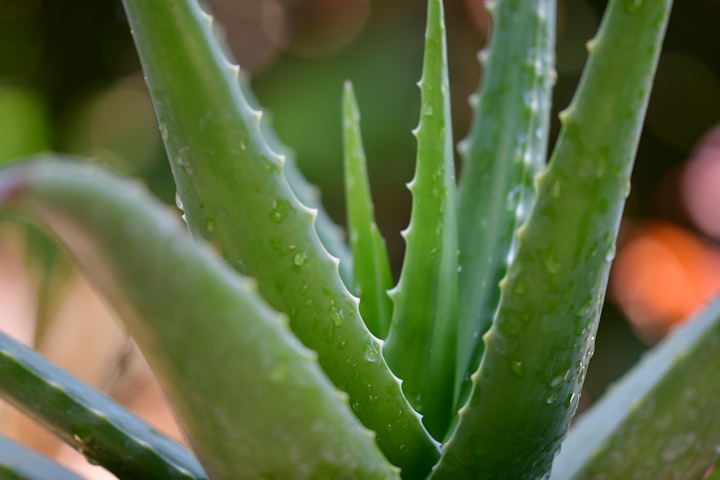
Sadabahar, also known as Vinca rosea or Madagascar periwinkle, is a flowering plant that is native to Madagascar but is cultivated in many other regions for its medicinal properties and ornamental value. Sadabahar flowers have several potential benefits, but it's important to note that they should be used with caution and under the guidance of a healthcare professional. Here are some potential benefits and side effects associated with Sadabahar flowers:
Traditional Medicinal Uses: Sadabahar has a long history of traditional medicinal use in various cultures. It has been used in Ayurvedic and traditional Chinese medicine to treat a range of ailments, including diabetes, malaria, cough, asthma, and skin disorders.
Anticancer Properties: Sadabahar contains alkaloids called vinca alkaloids, such as vincristine and vinblastine, which have been extensively studied for their anticancer properties. These compounds interfere with the growth of cancer cells and may be used in the treatment of certain types of cancers, including leukemia and lymphoma.
Blood Sugar Regulation: Some studies suggest that Sadabahar may have a hypoglycemic effect, meaning it can help lower blood sugar levels. This could be beneficial for individuals with diabetes or those at risk of developing the condition. However, more research is needed to establish its efficacy and safety in this regard.
Cardiovascular Health: Sadabahar contains compounds called flavonoids that have been associated with cardiovascular health benefits. Flavonoids exhibit antioxidant and anti-inflammatory properties, which may help reduce the risk of heart disease by preventing oxidative stress and inflammation.
Antimicrobial Activity: Sadabahar has demonstrated antimicrobial activity against various microorganisms, including bacteria and fungi. This suggests that it may have potential in the treatment of infections caused by these pathogens. However, further research is required to determine its effectiveness in clinical settings.
Wound Healing: Some traditional uses of Sadabahar involve applying its extracts topically to wounds to aid in their healing. The plant is believed to possess properties that promote wound contraction and accelerate the formation of new tissue.
Benefits:
Anticancer properties: Sadabahar contains alkaloids like vincristine and vinblastine, which have shown anticancer properties in various studies. These compounds can inhibit the growth of cancer cells and are used in certain chemotherapy regimens.
Hypertension management: Some research suggests that Sadabahar may have a hypotensive effect, meaning it can help lower blood pressure levels. This property could be beneficial for individuals with hypertension, but again, medical guidance is necessary.
Antidiabetic effects: Sadabahar has been traditionally used to manage diabetes. It is believed to have hypoglycemic properties, helping to lower blood sugar levels. However, if you have diabetes, it's crucial to consult with a healthcare professional before using Sadabahar as a treatment.
Antimicrobial activity: Sadabahar extracts have demonstrated antimicrobial activity against various pathogens, including bacteria and fungi. This property suggests its potential use in combating infections, but further research is needed.
Side Effects:
Gastrointestinal discomfort: Some individuals may experience gastrointestinal side effects such as nausea, vomiting, or diarrhea after consuming Sadabahar or its extracts. If these symptoms occur, it is advisable to discontinue use and consult a healthcare professional.
Hypotension: While Sadabahar may have a hypotensive effect, it can also cause a sudden drop in blood pressure. This can be particularly dangerous for individuals with low blood pressure or those taking antihypertensive medications. Close monitoring of blood pressure levels is necessary when using Sadabahar.
Interactions with medications: Sadabahar may interact with certain medications, including anticoagulants (blood thinners), antihypertensives, and medications metabolized by the liver. It is important to inform your healthcare provider about any herbal remedies you are using to avoid potential interactions.
Allergic reactions: Some individuals may be allergic to Sadabahar. Allergic reactions can manifest as skin rashes, itching, or respiratory symptoms. If you experience any allergic symptoms, discontinue use and seek medical attention.
It is important to remember that while Sadabahar has potential medicinal properties, it should not replace conventional medical treatments. Always consult a qualified healthcare professional before using Sadabahar or any other herbal remedies for therapeutic purposes.






Comments
There are no comments for this story
Be the first to respond and start the conversation.